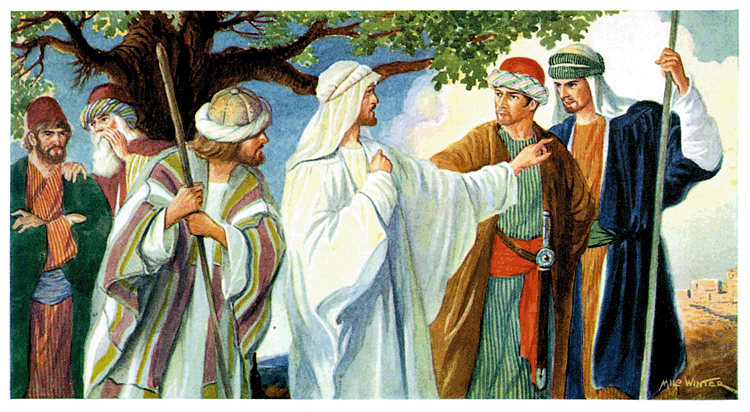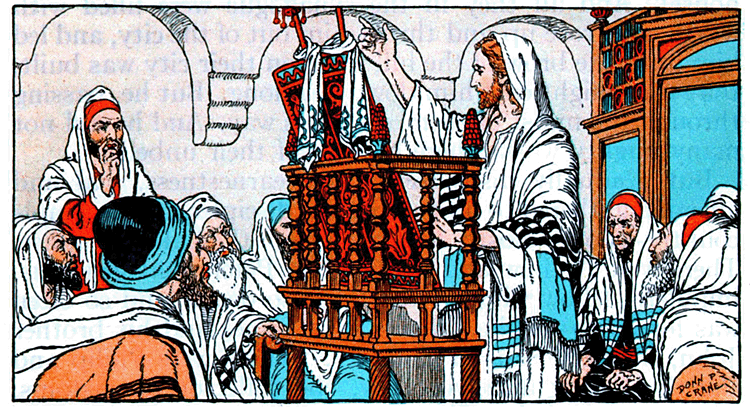Matthew 10:5ff, Yeshua sent out. The Commissioning of the Twelve Disciples.
There are several steps one must go through when receiving a ministry commission from Yeshua. The following steps are based on Yeshua’s commissioning his disciples in Matthew 10. As modern-day disciples of Yeshua, we need to take these into consideration when assuming a ministry role. These are the requirements of his laborers who will work in his harvest field (see Matt 9:37 for context).
- Yeshua calls one into the ministry (Matt 10:1). Some people go into the ministry as a career like any other job by their own choice. This is unbiblical. Involvement in Yeshua’s ministry is by his invitation only.
- After calling one into the ministry, there is a time of training. This is the biblical norm. For some, it was five years (e.g., the Levites), or forty years (Moses and Joshua). David had a period of training before becoming king, as did Paul the apostle and Elisha. For Yeshua’s disciples, it was three-and-one-half years. The Matthew ten account is part of the disciples’ training program.
- After calling them, Yeshua gives his disciples their marching orders by telling them where to go and not to go (Matt 10:5–6). They were to go to the lost sheep of the house of Israel, although, later on Yeshua instructed them to go the Gentiles. Paul even taught in several places that the lost sheep of Israel were to be found among the Gentiles, as the ancient biblical prophets predicted they would be.
- Yeshua then instructs them what their ministry was to be (Matt 10:7–8). They were to do exactly as Yeshua himself did: preach the gospel of repentance and the kingdom of Elohim, and to heal the sick.
- He then gives them instructions pertaining to travel arrangements — what they were to take on their journey, where they were to stay, and how to act when encountering resistance (Matt 10:9–15). This includes lodging, food and financial remuneration. On the latter point, today many itinerant evangelists flagrantly violate Yeshua’s strictures in this regard and have become nothing more than travelling salesmen and peddlers always with their hands out for financial gain. They have simply become merchandisers of the gospel, sadly.
- Next, Yeshua warns his disciples against persecution (Matt 10:16–26). He assumes that persecution would be a natural result of preaching the gospel. Conversely, it could be assumed that something is out of spiritual order when one preaches the gospel and persecution doesn’t occur.
- Yeshua then instructs his disciples about fear — who to fear and not to fear. They are to fear YHVH, not men (Matt 10:27–31). This is an important point, since preaching the gospel to the lost can be intimidating, which is why so few do it. Yeshua promises divine protection for his disciples who preach the gospel as he has instructed (Matt 10:29–30).
- The workman is worthy of his hire. Yeshua promises spiritual rewards to those who preach the gospel (Matt 10:32–33).
- For those who are called into Yeshua’s ministry, he demands total commitment. One must put Yeshua first above all other human relationships. For this, expect rejection from family and friends (Matt 10:34–39).
- Again, Yeshua holds out the promise of spiritual rewards for those who heed his call to become a disciple who works in his spiritual harvest field (Matt 10:39 cp. Matt 9:37).






